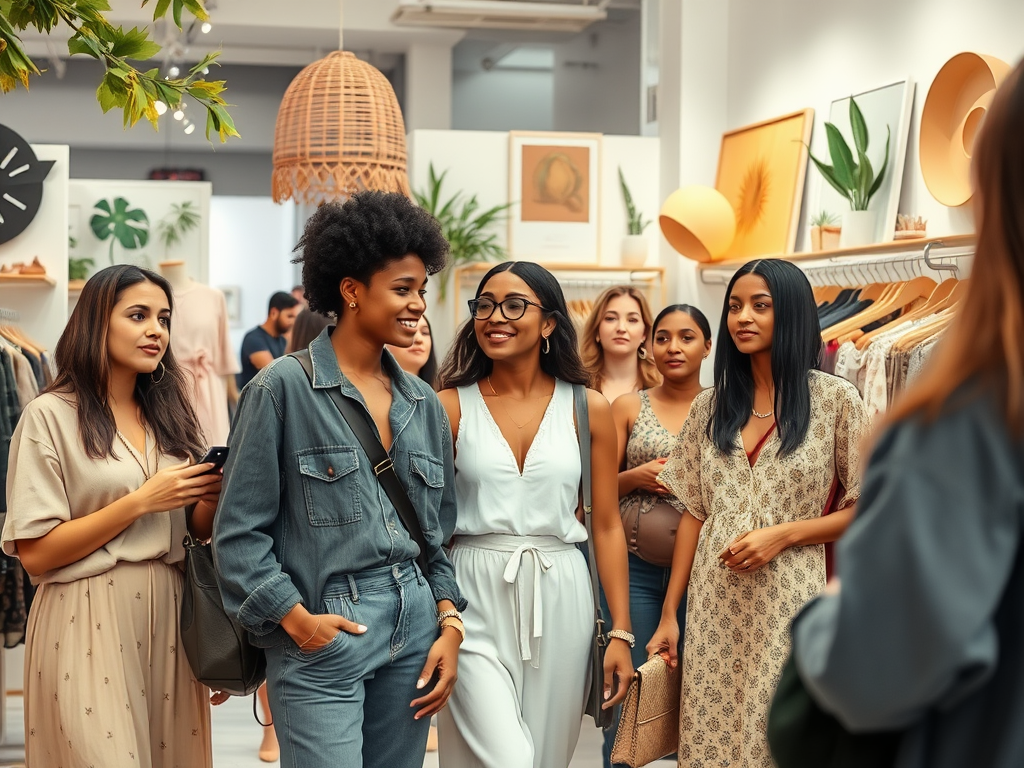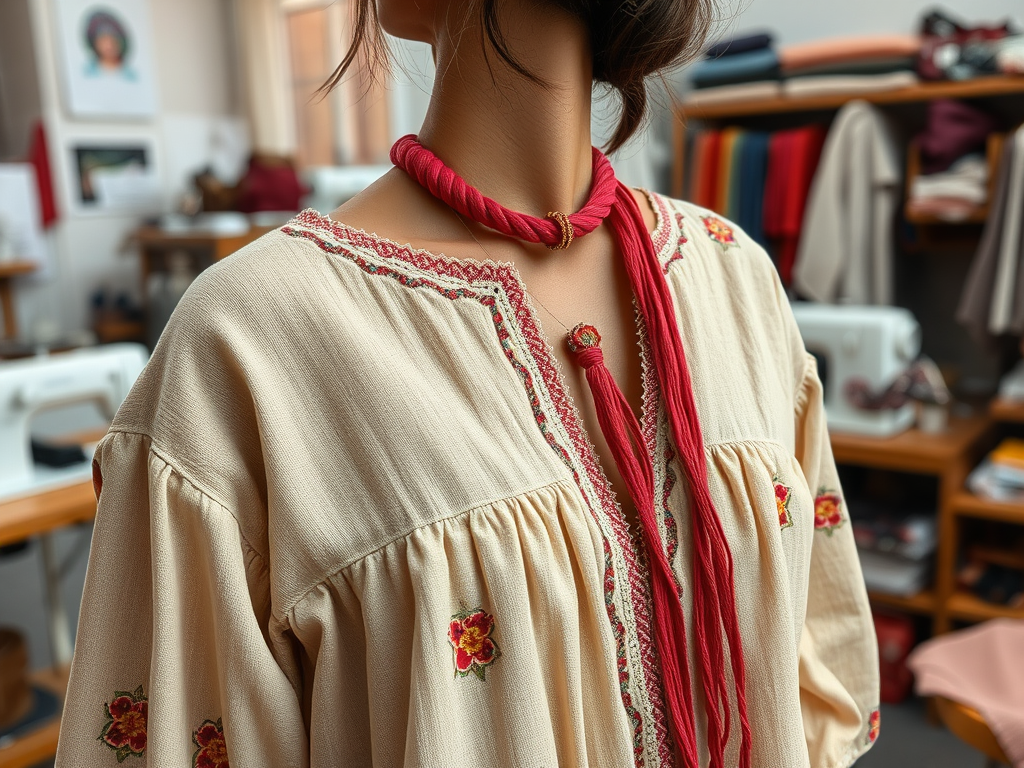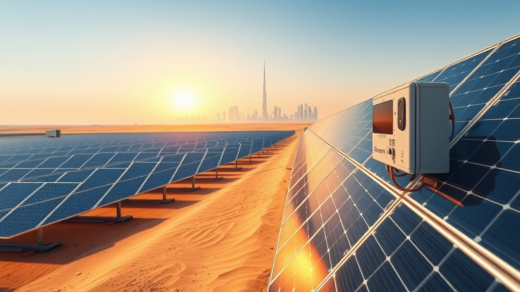Dubai has emerged as a vibrant hub for ethical fashion, reflecting a growing global consciousness towards sustainability and responsible consumerism. The city is embracing eco-friendly practices, innovative materials, and ethical labor laws that resonate with the trend of slow fashion. The growth of this industry in Dubai not only highlights the local market’s transformative potential but also sets an example for the wider Middle Eastern region. As sustainable luxury gains traction, Dubai’s fashion scene is evolving to cater to a more socially aware clientele. This shift is prompted by a blend of cultural, economic, and environmental factors that are leading consumers to seek more than just aesthetic appeal in their fashion choices.
Understanding Ethical Fashion

Ethical fashion encompasses a range of practices that aim to promote better conditions within the fashion industry. This movement advocates for fair wages, sustainable materials, and environmentally friendly production methods. In Dubai, ethical fashion is not merely a trend but a response to the urgent need for change in how garments are produced and consumed. Local designers and brands are becoming increasingly aware of the impact of their practices on society and the environment. This awareness has sparked innovation, creativity, and a commitment to sustainability within the industry. Some key principles of ethical fashion include:
- Fair Trade Practices: Ensuring that everyone involved in the supply chain receives fair compensation.
- Eco-Friendly Materials: Utilizing organic, recycled, or biodegradable materials to minimize environmental impact.
- Sustainable Manufacturing: Implementing processes that reduce waste and energy use.
- Transparency: Providing clear information to consumers about how products are made.
- Supporting Local Communities: Partnering with local artisans to foster economic growth.
Dubai’s Landscape of Sustainable Fashion

The fashion industry in Dubai is witnessing a significant shift towards sustainability, driven by increased consumer awareness and demand. This is evident in the emergence of several ethical fashion brands that focus on sustainable production while celebrating local culture. Many of these brands showcase traditional craftsmanship combined with modern designs, offering unique pieces that tell a story. Furthermore, retail spaces dedicated to ethical fashion are popping up in various areas of the city, encouraging consumers to choose sustainable options over fast fashion. Events like sustainable fashion shows and eco-friendly pop-up markets are becoming commonplace, helping to cultivate a community around ethical practices. This thriving eco-conscious marketplace is attracting tourists and locals alike, eager to support sustainable initiatives.
Despite its growth, the ethical fashion industry in Dubai faces several challenges that may slow its momentum. One primary obstacle is the prevalence of fast fashion, which often offers cheaper alternatives to ethically produced garments. Additionally, there is a lack of awareness and education among consumers about the importance of ethical fashion. This gap leads to hesitation in adopting sustainable practices. Similarly, the availability of sustainable materials and skilled labor can be limited, complicating the production process for ethical brands. Moreover, economic factors can pose a threat, as the higher cost of ethical fashion can deter price-sensitive consumers. Addressing these challenges requires collaborative efforts from brands, governments, and consumers to foster a more sustainable fashion eco-system.
Conclusion
The growth of Dubai’s ethical fashion industry marks a significant step towards a sustainable future in fashion. As more designers and consumers recognize the importance of ethical practices, the industry is likely to flourish. The local market is becoming adept at blending tradition with innovation in sustainable ways, offering unique pieces that stand out on a global scale. Moving forward, overcoming challenges such as consumer awareness and industry transparency will be crucial. Ultimately, Dubai seems poised to become a leading light in the ethical fashion movement, inspiring other regions to follow suit.
Frequently Asked Questions
1. What is ethical fashion?
Ethical fashion refers to clothing and accessories produced in a way that prioritizes social responsibility and environmentally friendly practices. It encompasses fair labor practices, sustainable materials, and transparent manufacturing processes.
2. How is Dubai supporting ethical fashion?
Dubai is supporting ethical fashion through events, local brand initiatives, and the emergence of eco-friendly retail spaces. There is a growing community of designers and consumers focused on sustainable practices.
3. What are some challenges faced by the ethical fashion industry in Dubai?
Challenges include competition from fast fashion, consumer awareness, scarcity of sustainable materials and skilled labor, and economic barriers to higher-priced ethical products.
4. How can consumers contribute to the growth of ethical fashion in Dubai?
Consumers can support ethical fashion by choosing sustainable brands, spreading awareness about the importance of ethical practices, and opting for quality over quantity in their shopping habits.
5. What are the prospects for the future of ethical fashion in Dubai?
The prospects are promising, with increasing awareness and demand for sustainable choices. Dubai is likely to innovate further and could set the standard for ethical fashion in the Middle East.


